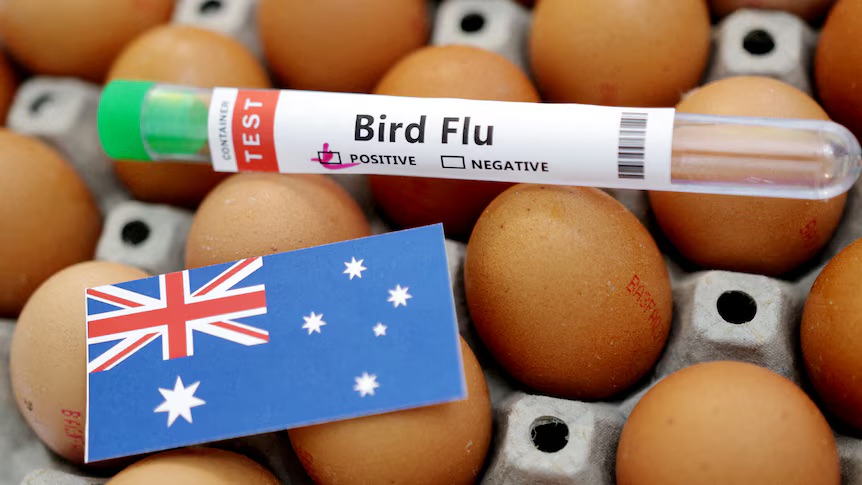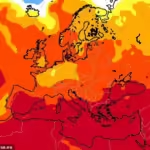Robert Redfield, former Director of the Centers for Disease Control and Prevention (CDC), recently expressed his belief that a bird flu pandemic is inevitable, emphasizing that the question is not if it will happen, but when.

In a recent interview with NewsNation, Redfield highlighted the escalating concerns surrounding bird flu, particularly noting its detection in numerous cattle across the United States and the World Health Organization’s report of the first human fatality in Mexico.
“I strongly believe that it’s highly likely we will experience a bird flu pandemic at some point,” Redfield stated. He underscored the virus’s potential for “significant mortality” in humans, estimating its fatality rate to range between 25 and 50 percent, contrasting sharply with COVID-19’s much lower mortality rate of 0.6 percent, as reported by NewsNation.
As of late May, the CDC has confirmed three human cases of bird flu since March, all among farmworkers and seemingly unrelated. Symptoms reported have included coughing without fever and pink eye, indicating varied manifestations upon infection.
Despite these developments, there is currently no evidence suggesting human-to-human transmission of the virus. Redfield, drawing from his lab research experience, outlined the specific genetic changes required for bird flu to acquire this ability, akin to how COVID-19 spread globally.
“When the virus acquires the capability to attach to human receptors and achieve human-to-human transmission, that’s when a pandemic will occur,” he cautioned, noting the inevitability of such an eventuality.
While uncertain about the timeframe for these critical genetic mutations, Redfield expressed apprehension due to the virus’s detection in multiple cattle herds nationwide. The CDC is actively monitoring wastewater treatment sites to track the virus’s presence, reassuring the public that current risk levels remain low.
Given the virus’s potential to evolve from animals like cattle and pigs to humans, Redfield stressed the need for vigilance. He highlighted concerns regarding the virus’s potential manipulation in laboratory settings, citing past scientific disclosures that detailed the necessary genetic alterations to enhance its infectiousness.
“With the blueprint for enhancing bird flu’s transmissibility already available from previous research, the risks are heightened,” he warned.
NewsNation, owned by Nexstar Media Group, remains committed to reporting on these developments as they unfold, ensuring public awareness and preparedness in the face of looming health threats.
Conclusion
Robert Redfield’s insights serve as a stark reminder of the ongoing threats posed by emerging infectious diseases, urging global readiness and proactive measures to mitigate potential pandemics before they escalate.








